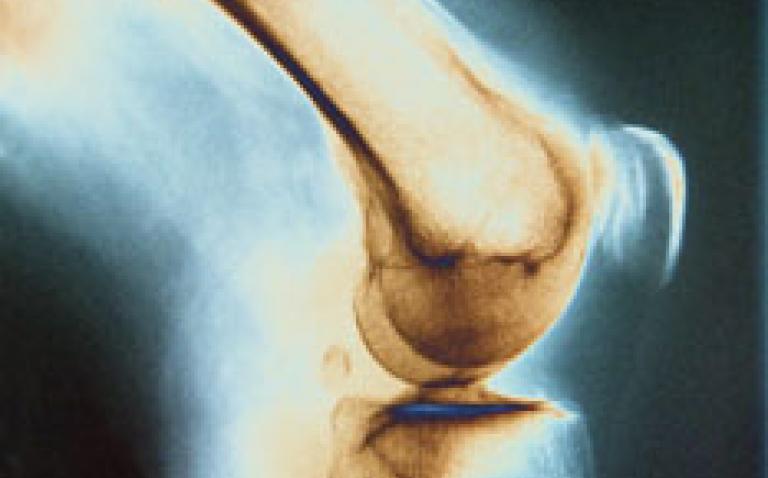Thousands of patients with a crippling bone disease are being denied the treatment they need because of a drug approval system that “defies logic”, it has been claimed.
Up to 5% of osteoporosis sufferers under the care of doctors in England and Wales could be affected, according to a leading expert.
They experience intolerable side effects from the standard drug prescribed for the condition, alendronate, which costs less than £50 a year.
But they fail to qualify for more expensive alternatives and their condition is not serious enough for them to be referred to hospital.
The problem arises because of the way the cost effectiveness of NHS treatments is vetted by the National Institute for health and Clinical Excellence (NICE), argues Professor David Reid, from the University of Aberdeen.
“If you don’t tolerate this drug and go back to your GP, the GP may well have to say your risk isn’t high enough and you can’t have the next drug,” said Prof Reid, speaking at the British Science Festival taking place at the University of Surrey in Guildford.
“Frankly, that’s just bad medical practice. You don’t say to a patient I have something I could give you but you can’t have it. That’s unnecessarily restrictive. It defies logic.”
An estimated 500,000 women in the UK are being treated for osteoporosis, which commonly strikes women after the menopause.
The disease leads to thinning bones which become easily broken, leading to frequent fractures.
Copyright Press Association 2009










